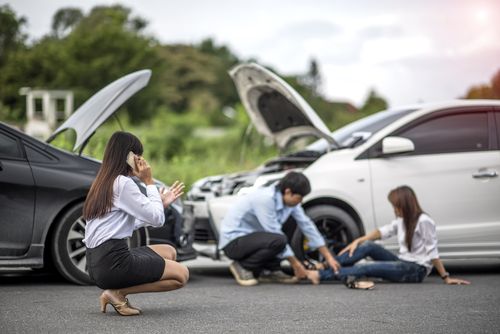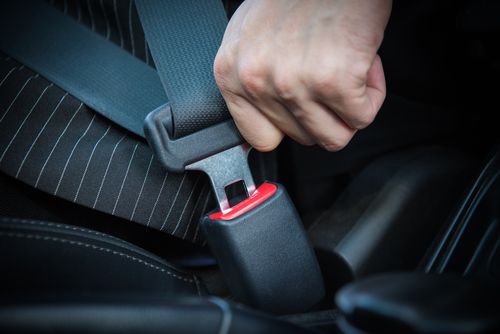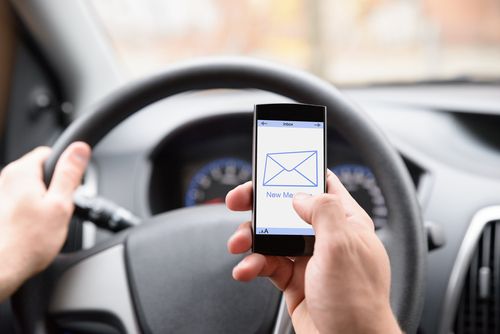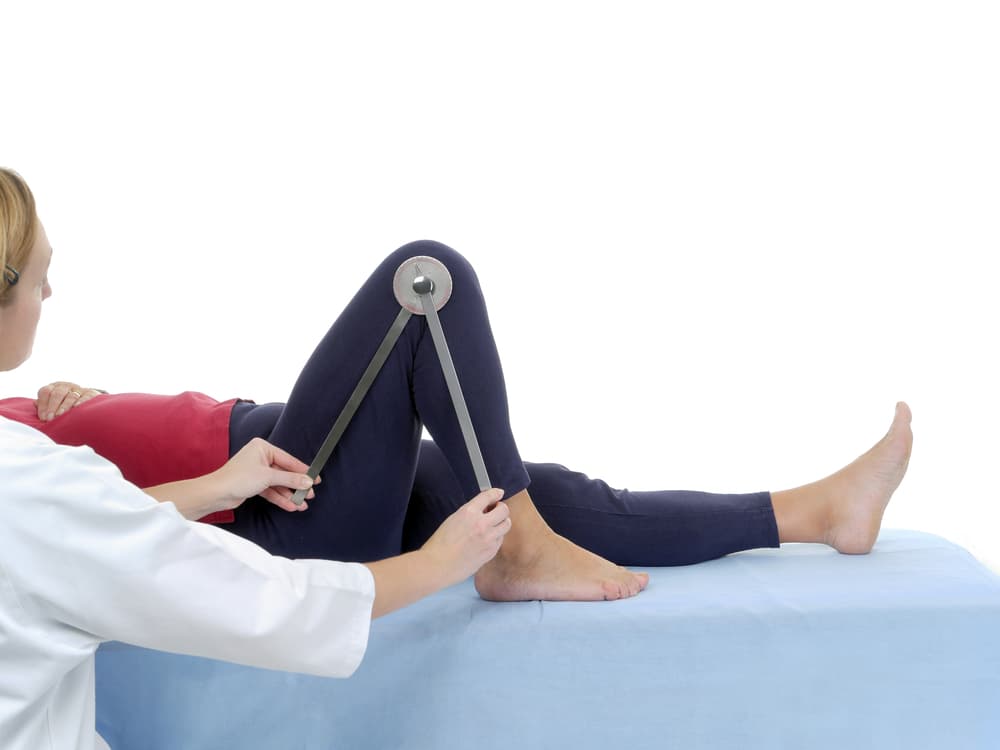
Seeing a crash can be a harrowing experience, especially if you’ve just missed it yourself. Your first instinct may be to pull over and help. But should you get involved? If so, to what extent? Are you obliged by law to stop or give a statement?
Even if you’re the first eye witness to an accident, there is no legislation in any state that requires you to pull over or come forward. But there is a moral obligation in offering assistance and your input could make things go smoother for all parties involved.
As an eye witness and first responder, you could also change someone’s life. Some people fear they could make injuries worse if they try to help people or get sued if they make a bad situation worse. But with accidents that result in injuries, seconds of time could tip a scenario from serious to life threatening. People are also concerned that getting involved will take up too much of their time and are apprehensive about handing over their personal information to authorities.
While no one wants to be inconvenienced, as an eye witness, your involvement can tip the scales of justice. If you put yourself in their shoes, you would be glad to have a third-party account of what took place.
For a free legal consultation, call 516-451-7900
If you do witness an accident, here are some tips to be helpful on the scene:
-
Pull over where it’s safe.
Click to contact our personal injury lawyers today
You can’t help anyone if you get injured. Turn on your hazards, assess the area, and pull over leaving enough distance between your car and the scene of the crash to allow for emergency vehicles.
Complete a Free Case Evaluation form now
-
Inquire about the people involved.
-
Gather information. Assist victims if you’re able but don’t move anyone needing medical attention unless there is imminent danger. Most states have some version of Good Samaritan laws meaning a victim cannot hold you liable for damages unless your actions constitute gross negligence or willful misconduct.
-
Call 911
-
Never assume someone already called. Give the operator a clear, short description of the scene, providing the location, number of cars and people involved, and extent of any injuries.
-
Make a statement, provide contact information.
-
If you are an eyewitness, you can help a victim receive compensation from a negligent party. Your recollection of events can also help investigators understand what happened and help victims recover after a traumatic accident. Give facts to the police without judgment and be as detailed as possible.
If you, or someone you care about, has been injured or has been involved in a car accident, contact Rosenberg & Gluck, personal injury attorneys, for a free, confidential legal consultation to learn more about your options.








